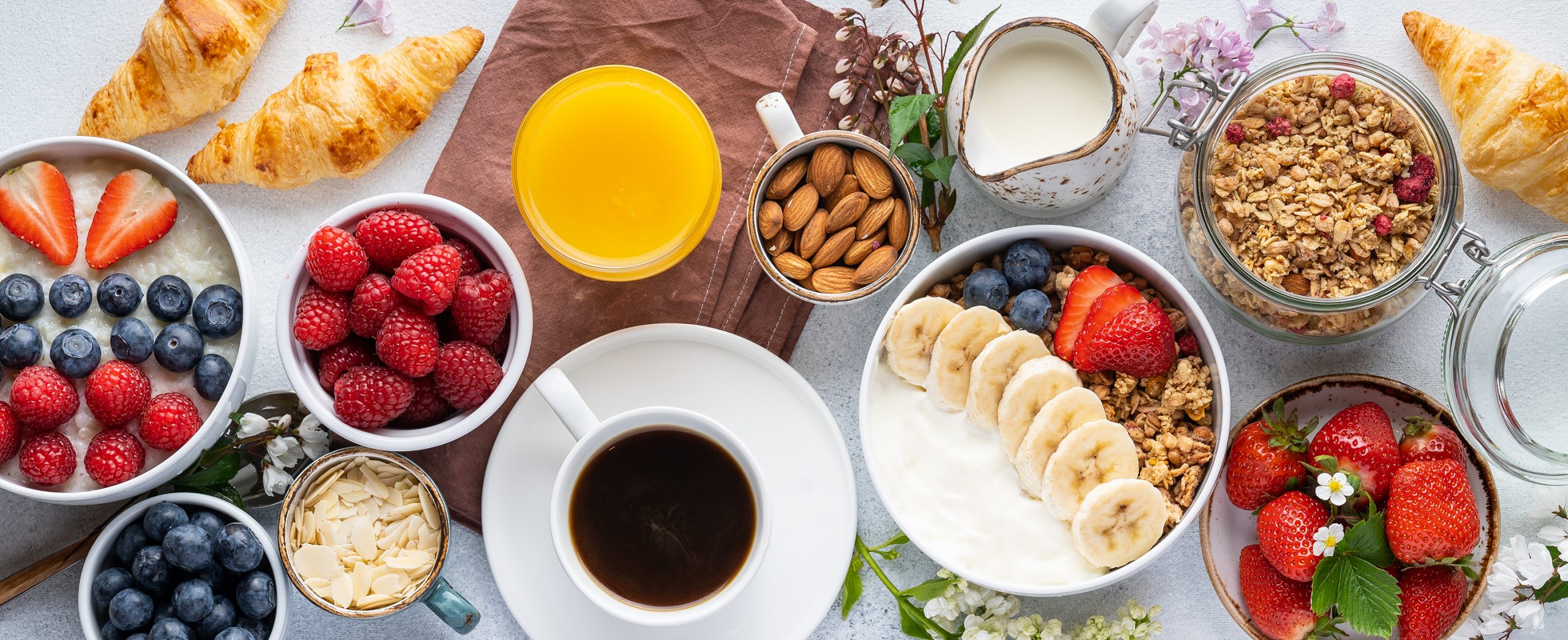The infamous saying: ‘breakfast is the most important meal of the day’ is one that has persisted through generations.
Considered the hallmark of a healthy diet and remaining at the top of the hierarchy of most important meals, breakfast is still ranked the sanctimonious favourite.
However, despite existing research suggesting 1-in-2 Brits agree with the traditional belief, research from Smart Food innovators, yfood, found that a staggering 83% agree that dinner is in fact their only substantial meal of the day, and a further 1-in-5 (19%) admit to not eating at all throughout the day and instead double their calorie intake at dinner.
The most important meal
It has been evidenced that the time of day we eat has multiple health benefits on digestion and weight loss, and even influences the longevity of our life span. Early studies examined food consumption times in mice and found that their life spans were extended by 10% when they ate the bulk of calories during the first and middle part of the day. Professor Ford, the head of Sleep and Circadian Neuroscience from the University of Oxford, also shared his professional view that late-evening eaters, during the window between 6pm and midnight, are at a higher risk of developing type 2 diabetes, impaired glucose tolerance and obesity. So, why is it that the majority of the nation (83%) reserve their eating for later in the day despite the harmful side effects?

yfood’s enlightening study goes some way in explaining why this behaviour is being observed. With the pace of life increasing at an overwhelming rate of 10% since the 1990s, our routines and structures have taken a hit. One of the main areas is the lack of time we can afford ourselves to incorporate necessary meals into our jam-packed days. yfood found that over 7 million brits do not have time to do a full food shop per week, and instead rely on fast food and ready-made meals as compensation – as agreed by 35% of Brits.
Other factors that play a role in our regular consumption of breakfast can be attributed to yfood’s other findings including, being a new parent; as yfood found that a third (29%) of new mothers admit to being accustomed to poor dietary habits as a result of fatigue and insufficient time to set aside. On top of this, over half of the nation (54%) say they have now become predominantly money-focused as opposed to nutrition focussed in the wake of the deepening cost-of-living crisis, meaning people are more obliged to cut corners in their meal plans as opposed to prioritising their ‘favourite’ meal of the day.
About yfood
yfood occupies a yet unheard-of nutritional category named ‘Smart Food’, a concept still very much in its infancy that aims to raise awareness and facilitate balanced nutrition that is appropriate to all life situations.
Now available in Holland & Barrett, yfood has established itself as the market leader in the Smart Food category in Germany and is quickly emerging in the UK market. Since the launch of yfood Labs GmbH in Munich in 2017, Ben Kremer and Noel Bollmann have been revolutionising the food industry with their products. Innovative “complete food” in the form of drinks, bars, powders, and hot bowls represents a new way of eating that perfectly fits today’s modern lifestyle. All yfood products are balanced, fully mobile (drink) meals and thus combine fast-paced nutrition with a conscious diet.





